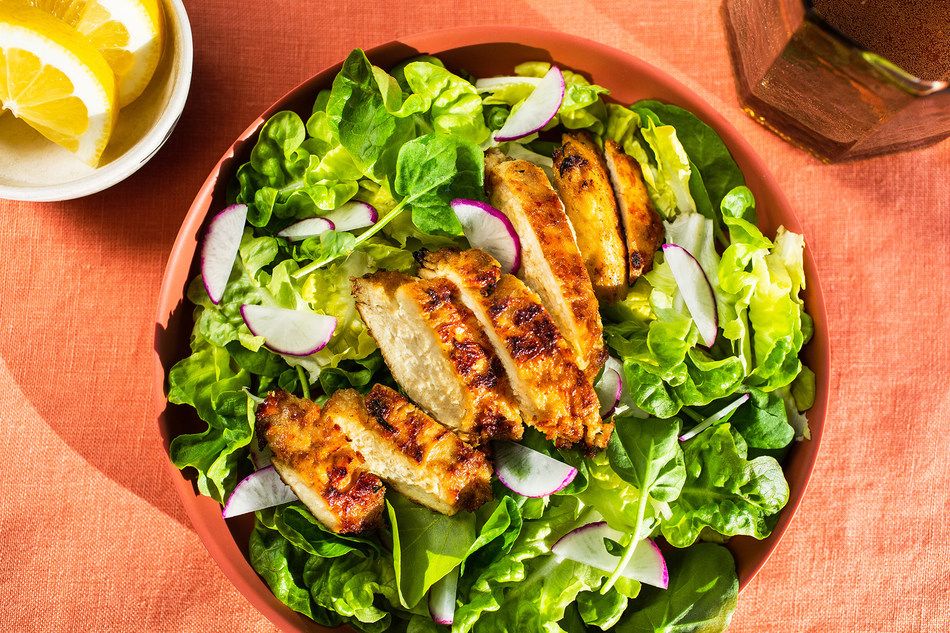Berkeley, California-based cultivated meat company Upside Foods has acquired Cultured Decadence, a seed-stage cell-cultured seafood startup based in Madison, Wisconsin.
Financial details of the deal were not disclosed.
On background:
- Founded in 2020, Cultured Decadence has developed “proprietary cell lines and cell feed” for seafood products including lobster and other crustaceans, according to a statement.
- It raised $1.6 million in pre-seed funding in April 2021 from investors including Bascom Ventures, Bluestein Ventures, Dao Foods, Gener8tor, GlassWall Syndicate, Joyance Partners, Revolution’s Rise of the Rest Seed Fund, and the Wisconsin Economic Development Corporation.
- Post-acquisition, the Cultured Decadence brand will be retired; while the startup’s Madison headquarters will become Upside’s “Midwest hub.”
Why it matters:
Upside Foods said the acquisition of Cultured Decadence will allow it to “complement and expand” its product portfolio — which has until now mainly been focused on cultivated beef and chicken — and “accelerate” commercialization of cultivated seafood products.
The acquired company’s crustacean cell lines are likely to be central to Upside’s decision to do this deal. Cell lines comprising species-specific stem cells are a fundamental building block for growing different types of cultivated meat, from beef to chicken to seafood, but they’re hard to come by; the Good Food Institute (GFI) argues that “access to cell lines from species used for cultivated meat production is the major barrier for new research endeavors.”

According to GFI, creating new cell lines is “both time- and resource-intensive,” typically taking between six and 18 months to “derive and sufficiently characterize a single line.”
Given this, it’s exceedingly challenging for a company that has started out with a focus on, say, cultivated chicken to diversify its business into cultivated lobster.
One strategy such a company might pursue to speed up the entire process is to purchase a competitor that already owns the relevant technology and knowhow. That appears to be the main driver behind Upside’s acquisition in this case, and it is isn’t the only one to have done so: Singaporean cell-cultured seafood startup Shiok Meats acquired compatriot Gaia Foods in August 2021 to hasten its expansion into red meats.
The big picture:
Proponents of cell-cultured meat claim it has the potential to be more sustainable, more environmentally friendly, and less emissive than traditional animal-based protein production, as it requires far less space, water, and feed than farmed livestock.
There’s also the consideration that meat grown from cell cultures may be ethically preferable than that which is sourced from slaughtered animals; in relation to crustaceans in particular, this is something which has been gathering speed of late.
Last year, the UK legally recognized decapods — including lobsters, crabs, crayfish, prawns, and shrimp — as sentient beings capable of experiencing pain, pleasure, and joy. The UK could also follow the likes of Switzerland, Norway, and New Zealand in banning cooks from boiling lobsters while they are still alive. Coupled with the general trend towards plant-based and ‘slaughter-free’ eating, these developments could introduce further barriers to production and consumption of traditionally reared and caught seafood in the future.
What they say:
Uma Valeti, founder and CEO, Upside Foods:
“Cultivated seafood [has] tremendous potential to benefit the world. Cultured Decadence’s technology is extremely promising and [Upside Foods is] excited that the scientific, technological, and production infrastructure we have built over many years can help accelerate the mission impact of [their] team.”




